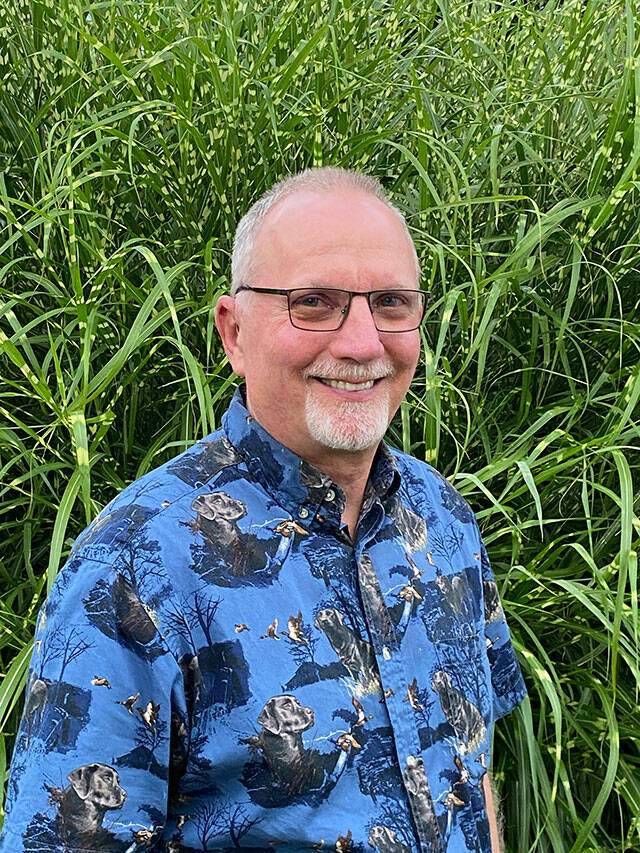What role did you take in your family as a child? Are you still following that role today?
According to an article called, “Family Roles” by Innerchange.com, people take on different roles or functions within the family system. Often the roles that people take may not be the result of a conscious choice.
This article describes a dozen roles often taken in the family. I will describe seven of them. See if you, your siblings, or your parents fit into one or more of these roles:
The Hero: This the “good” and “responsible” child. This high achieving person often becomes a leader who is goal oriented, highly organized, and self-disciplined. The hero often has trouble being able to relax, to follow others, or allow others to be right.
The Rescuer: This child takes care of others’ needs by solving problems in the family. Often, this person avoids conflict. They become the helpers of the weak or distressed. The rescuer often feels a lot of guilt and has trouble focusing on his/her own needs.
The Scapegoat/Black Sheep: This role arises when the family cannot solve their problems. “The person may have strengths such as a sense of humor, a greater level of honesty, and the willingness to be closer to his/her feelings.” The problem is that they often see themselves as rebels who go against societal norms; sometimes they cause others and themselves problems as a result.
The Clown: “The clown uses humor to offset the family conflict and to create a sense that things are okay. This person has a talent to readily lighten the moment but he/she hides his/her true feelings.” Some comedians and pundits use humor to point out the flaws of society, but as in the case of Robin Williams, they can’t cope with their own inner conflicts.
The Cheerleader: The cheerleader spends a great deal of time supporting and encouraging others. Usually, the person who takes this role is able to balance his/her own needs with the needs of others, according to the author. The problem with the cheerleader is that someone in the family needs to take the role of enforcing rules for the benefit of all.
The Nurturer: This person provides emotional support and makes people feel safe. He/she acts as a mediator in the family. Like the cheerleader, the nurturer is able to focus on having and meeting emotional needs in a balanced manner. A parent who takes this role is the one the children gravitate to in times of stress.
The Thinker: The thinker provides objectivity and logic to situations. The problem arises in that he/she may have trouble connecting emotionally with others. Most people react emotionally rather than rationally and therefore feel threatened by someone who plays the role of the thinker.
There are other roles that we take that I don’t have the room to discuss, but I will list them: The Mediator, the Switchboard, the Power Broker, the Lost Child, and the Truthteller. Check the website to see these roles in more detail.
It’s my hope that you can identify people in your family who fulfill these roles. Self-awareness allows us to evaluate whether these roles benefit or hurt our families. Do you or others need to take on the roles that you see are lacking? Is one person assuming the burden of taking on many of the positive aspects of these roles to compensate for others who are not bearing the burden? Are others, or are you, taking on the more dysfunctional roles to distract the family from deeper, unresolved issues?
If you as an adult find that you are still taking the same roles you had as a child, is it time to evaluate whether you need to continue? Is it time to consider counseling to make your current family better functioning? Is it time to change or modify your childhood role(s)?


